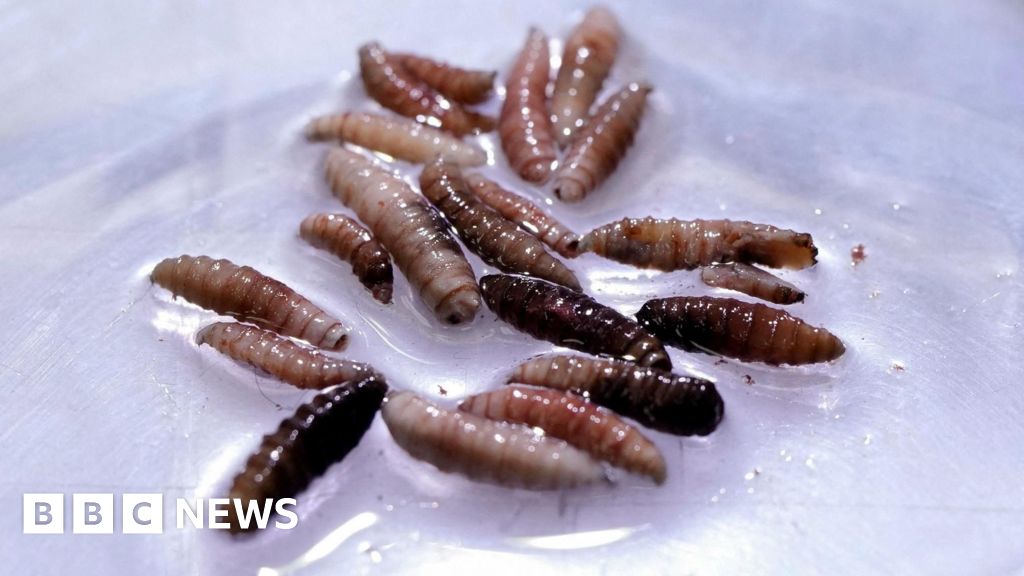The number of animals infested with New World screwworm (NWS), a flesh-eating parasite, has risen by 53% in the four weeks to mid-August, according to Mexican government data.
While infestations primarily affect cattle, Mexican officials have also registered cases in dogs, horses, sheep, and even humans. Local media report that dozens of people have been treated for infestations in hospitals in southern states like Campeche and Chiapas.
This rise in affected animals comes just days after U.S. health authorities confirmed the first human case related to the screwworm in a patient returning from El Salvador.
NWS was declared eradicated in the U.S. in 1966 after sterile male flies were released, leading to a disruption of their reproductive cycle, with Mexico following suit in 1991. However, the parasite remains prevalent in tropical regions of Central and South America and began spreading northward again, with the first new case in Mexico reported in November 2024.
Female New World screwworm flies (Cochliomyia hominivorax) lay their eggs in or near open wounds on warm-blooded animals. The larvae hatch and burrow into the tissue, causing a condition known as myiasis, which can lead to severe damage or even death if untreated.
Health officials warn that while fatal cases in humans are uncommon, those with pre-existing health conditions or the elderly should exercise caution. Tragic results were seen recently when an 86-year-old woman died from skin cancer complicated by a screwworm infestation.
Individuals working with livestock or residing in rural areas where infested animals are present are most at risk. The U.S. Centers for Disease Control and Prevention advises anybody returning from regions with known screwworm populations to be vigilant for symptoms such as unexplained skin lesions or the presence of maggots in wounds.
Prevention strategies include keeping wounds clean, covered, and using insect repellent while encouraging anyone suspecting an infestation to seek immediate medical attention.


















